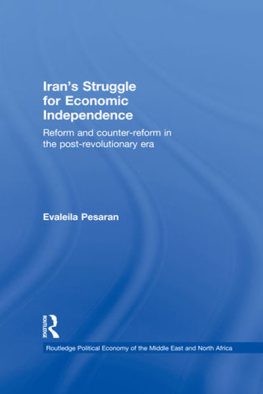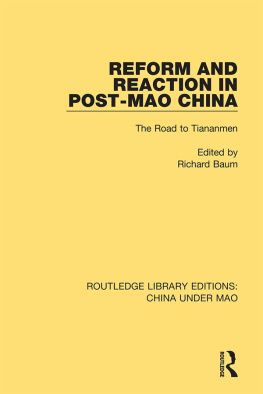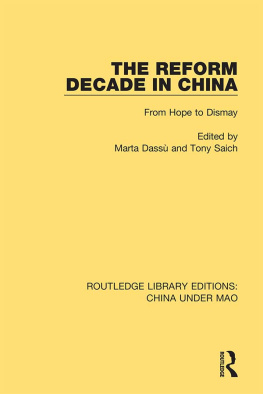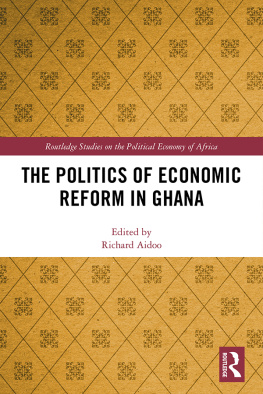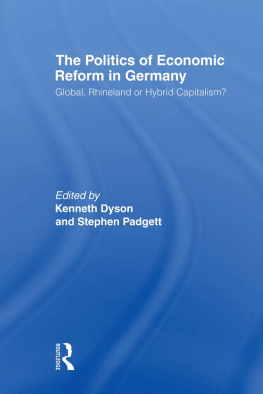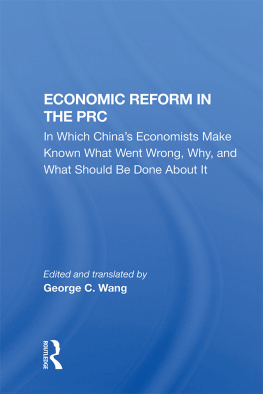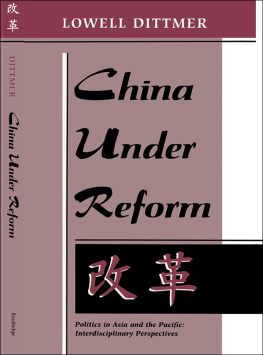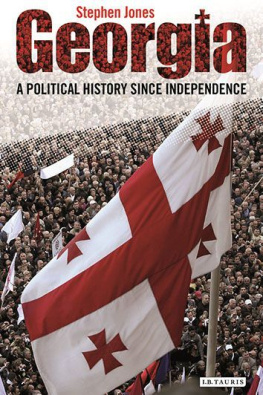Iran's Struggle for Economic
Independence
It is often assumed that Iran must necessarily submit to the forces of globalization and liberalize its economy, but the country's ruling elites have continued throughout the post-revolutionary era to resist these pressures for neo-liberal economic reform, seeking to survive in the battlefield of today's globalizing economy while remaining loyal to their own rules of engagement. This book analyzes the dynamics of economic reform in the Islamic Republic of Iran as they have played out in this post-revolutionary struggle for economic independence from 1979 up to the present day. It shows how, although some groups within the Iranian elite are in favor of opening up the economy to the inflow of foreign capitalbelieving that lasting independence requires economic growth powered in part by investment from abroadothers argue that such economic liberalization might endanger Iran's national interests and put the survival of the post-revolutionary regime at risk.
By examining the political causes of the ongoing tug of war that has taken place between these two sides of reform and counter-reform, this book provides a new approach to understanding the complex process of economic policy-making in the Islamic Republic of Iran, which will be relevant to future examinations of the political economy of the Middle East.
Evaleila Pesaran is College Lecturer in Politics at Murray Edwards College (founded as New Hall) and Pembroke College, University of Cambridge, UK.
The Routledge Political Economy of the
Middle East and North Africa Series
Series editor: Hassan Hakimian
London Middle East Institute, School of Oriental and African Studies, University of London.
Editorial Board:
David Cobham, Professor of Economics at Heriot-Watt University, UK.
Nu'man Kanafani, Associate Professor of Economics at the University of Copenhagen, Denmark.
Massoud Karshenas, Professor of Economics at the School of Oriental and African Studies (SOAS), University of London, UK.
Jeffrey B. Nugent, Professor of Economics at the University of Southern California, Los Angeles, USA.
Jennifer Olmsted, Associate Professor of Economics at Drew University, New Jersey, USA.
Karen Pfeifer, Professor of Economics at Smith College, Northampton, Massachusetts, USA.
Wassim Shahin, Professor of Economics and Dean of Business School at the Lebanese American University (LAU), Byblos, Lebanon.
Sbidey Togan, Professor of Economics and Director of the Centre for International Economics at Bilkent University, Ankara, Turkey.
Jackline Wahba, Reader in Economics at the University of Southampton, UK.
Tarik Yousef, Dean of the Dubai School of Government, UAE.
1. Trade Policy and Economic
Integration in the Middle East and
North Africa
Economic boundaries in flux
Edited by Hassan Hakimian and
Jeffrey B. Nugent
2. State Formation in Palestine
Viability and governance during a social
transformation
Edited by Mushtaq Husain Khan
3. Palestinian Labour Migration to
Israel
Land, labour and migration
Leila H. Farsakh
4. Islam and the Everyday World
Public policy dilemmas
Edited by Sohrab Behdad and
Farhad Nomani
5. Monetary Policy and Central
Banking in the Middle East and North
Africa
Edited by David Cobham and
Ghassan Dibeh
6. Economic Performance in the Middle
East and North Africa
Institutions, corruption and reform
Edited by Serdar Sayan
7. Economic Liberalization and Turkey
Sbidey Togan
8. The Political Economy of Aid in
Palestine
Relief from conflict or development
delayed?
Sahar Taghdisi-Rad
9. Money in the Middle East and North
Africa
Monetary policy frameworks and
strategies
Edited by David Cobham and
Ghassan Dibeh
10. Iran's Struggle for Economic
Independence
Reform and counter-reform in the
post-revolutionary era
Evaleila Pesaran
Iran's Struggle for
Economic Independence
Reform and counter-reform in the
post-revolutionary era
Evaleila Pesaran
This edition published 2011
by Routledge
2 Park Square, Milton Park, Abingdon, Oxon OX14 4RN
Simultaneously published in the USA and Canada
by Routledge
711 Third Avenue, New York, NY 10017
Routledge is an imprint of the Taylor & Francis Group, an informa business
2011 Evaleila Pesaran
The right of Evaleila Pesaran to be identified as author of
this work has been asserted by her in accordance with sections 77
and 78 of the Copyright, Designs and Patents Act 1988.
All rights reserved. No part of this book may be reprinted or
reproduced or utilised in any form or by any electronic, mechanical,
or other means, now known or hereafter invented, including
photocopying and recording, or in any information storage or
retrieval system, without permission in writing from the publishers.
Trademark notice: Product or corporate names may be trademarks
or registered trademarks, and are used only for identification and
explanation without intent to infringe.
British Library Cataloguing in Publication Data
A catalogue record for this book is available from the British Library
Library of Congress Cataloging in Publication Data
Pesaran, Evaleila.
Iran's struggle for economic independence: reform and counter
reform in the post-revolutionary era / Evaleila Pesaran.1st ed.
p. cm.(The Routledge political economy of the Middle East
and North Africa series)
Includes bibliographical references and index.
1. IranEconomic conditions19791997. 2. IranEconomic
conditions1997. 3. IranEconomic policy. 4. Investments,
ForeignIran. I. Title.
HC475.P437 2011
330.955dc22 2010043835
ISBN13: 9780415590259 (hbk)
ISBN13: 9780203818350 (ebk)
Typeset in Times New Roman
by Florence Production Ltd, Stoodleigh, Devon
For my parents
Contents
Illustrations
Figures
Tables
Acknowledgments
This book began many years ago when I began to write my doctoral thesis at the School of Oriental and African Studies (SOAS) at the University of London, and the journey I have traveled since then has been both exciting and challenging. I am hugely grateful to all of those who have helped me along the way.
First and foremost, my thanks go to Charles Tripp, Massoud Karshenas, and Ali Ansari for their helpful guidance and support. I am enormously grateful to Hassan Hakimian for initiating this project, to Peter Sowden for giving me the opportunity to have it published, and to the anonymous reviewers at Routledge who provided many useful ideas on the manuscript. I am also grateful to Murray Edwards College and Emmanuel College at the University of Cambridge for allowing me the time, space, and resources with which to complete this book.
My two research trips to Tehran were memorable as well as informative, and I express my heartfelt appreciation to everyone who took the time to help me find all the information I needed. I am particularly indebted to Mohammad Tabibian, Mohammad Sadeq Janan-Sefat, Narges Barahoi, and Masoud Derakhshan, all of whom worked tirelessly to make my time in Tehran as productive and efficient as possible. Furthermore, it is important to remember that, without the enthusiastic participation of various interviewees, this book could never have been written. I would like them all to know how much I appreciate their willingness to share with me their experiences, opinions, and knowledge of the Iranian post-revolutionary economy.

